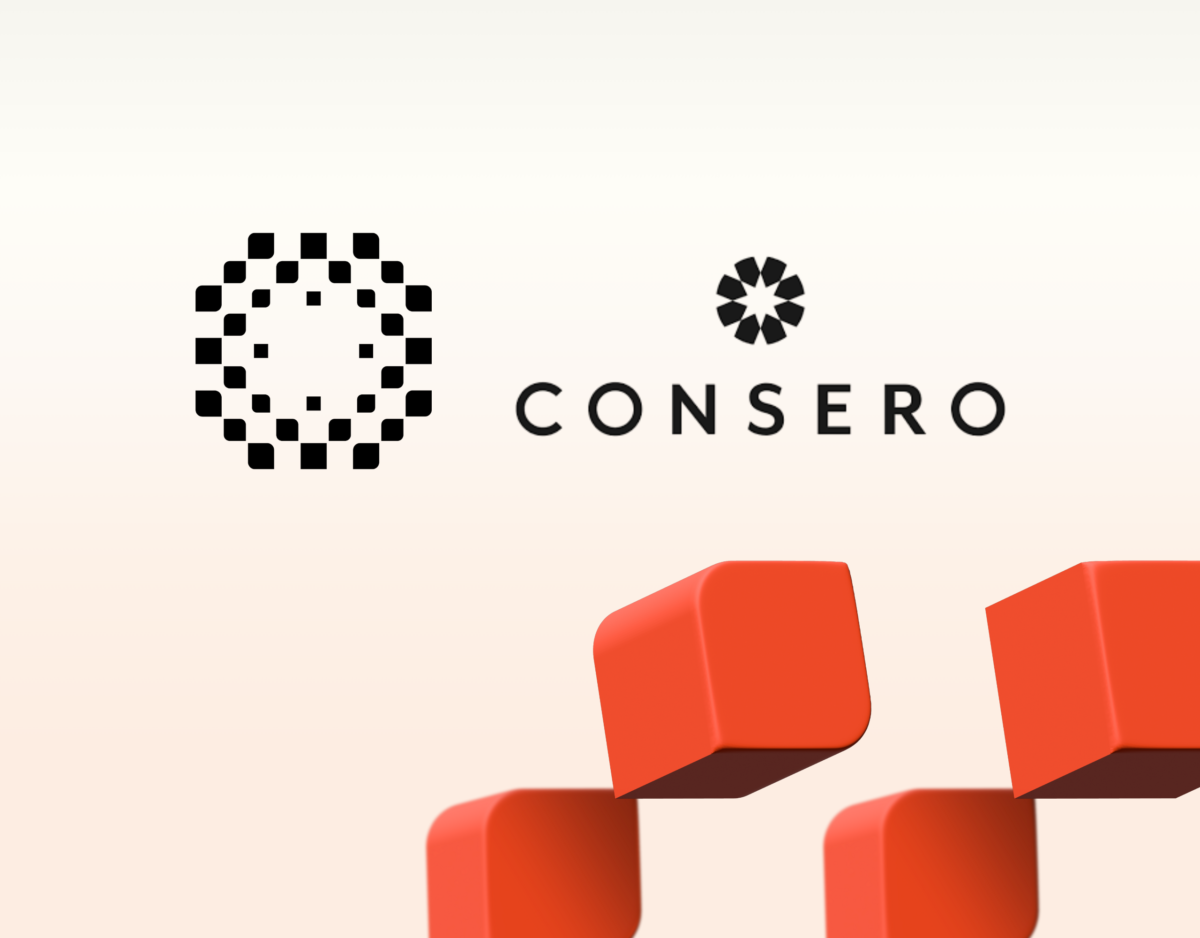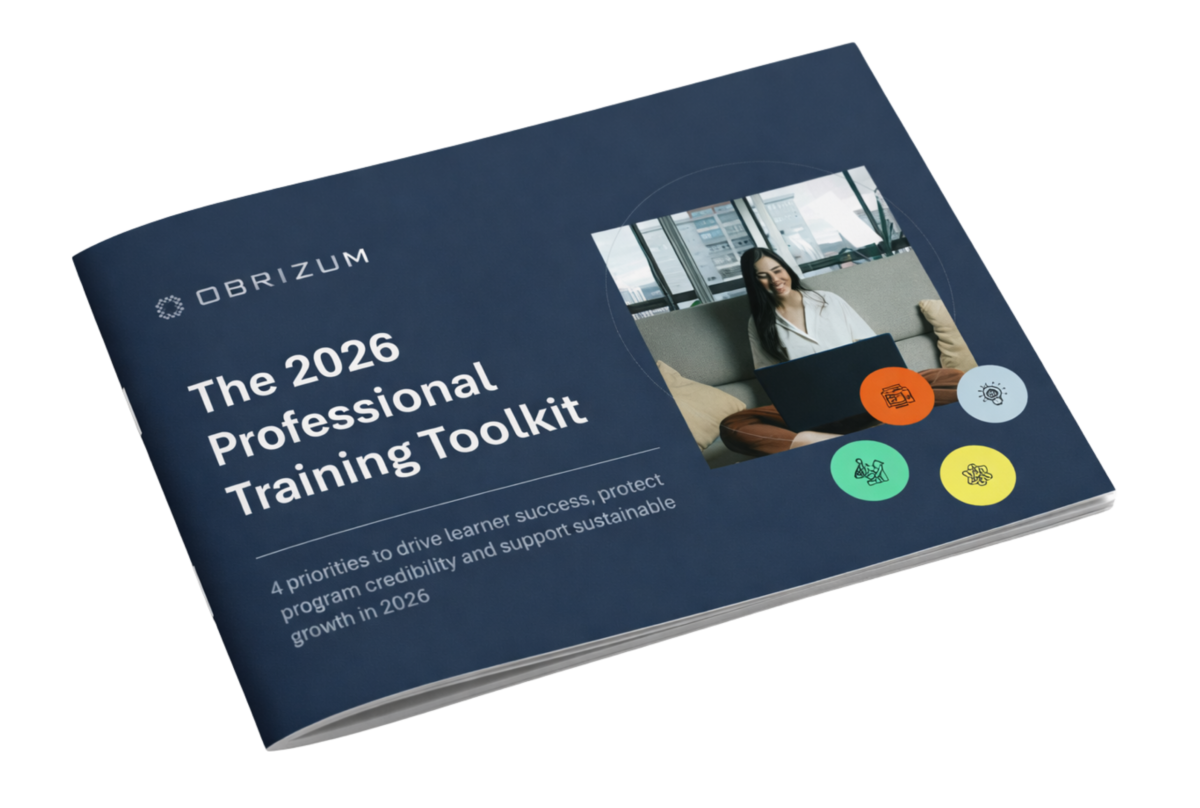
Published on 21st February 2023
Why professional certification organisations should be adopting adaptive learning methods
Conventional learning systems and materials take a one-size-fits-all, linear approach. Information is presented in a fixed way, with perhaps some branching of options to give the illusion of flexibility. The expectation is that all learners will absorb the material at the same pace and with the same knowledge processing abilities.
In reality, of course, this is never true. Every individual learns in a different way and at a different pace. Conventional learning materials and systems that work for one person will not work so well for another.
Fortunately, adaptive learning systems are fast taking over. Such systems use AI to adapt both pace and content to the knowledge (and knowledge confidence) of each individual learner.
Naturally, this is of great benefit to organisations looking to train their staff. However, it’s also beneficial to organisations providing professional certification and training. In fact adaptive learning is fast becoming essential for learning content delivery.
Five benefits of adaptive learning methods for professional certification organisations
1. Personalised learning
Adaptive learning algorithms use AI to analyse the strengths and weaknesses of individual learners, in real-time. Based on this analysis, every learner gets a personalised learning experience, designed to identify their weaknesses and strengthen them. There’s no fixed learning path because the AI algorithm fine-tunes the delivery so that the learner is always kept at their optimum level of engagement. Personalised learning means a more fulfilling learning experience. This leads to higher customer satisfaction for professional certification organisations that use adaptive learning.
2. Increased retention
Training based on adaptive learning can be more engaging and interactive, because it keeps the learner in a state of positive reward, and at the right level of difficulty. The pace of learning is neither too easy, which would be boring, nor too hard, which would be frustrating. Soviet psychologist and social constructivist Lev Vygotsky (1896 – 1934) coined this the ‘Zone of Proximal Development’. By maintaining this perfect level of difficulty, adaptive learning solutions increase the likelihood that information will be retained for longer periods. This benefits professional certification organisations because their customers will have had a positive learning experience. Not only did they enjoy the learning process, but their new knowledge will be retained for longer. Satisfied customers are more likely to become repeat customers.
3. Reduced time to competency
Conventional learning systems can waste a lot of time teaching people what they already know. Adaptive learning systems quickly identify areas of difficulty for learners, which is a far more time-efficient method, while moving on from areas that have been proven to be well understood. This means that the overall time it takes for an individual to attain competency is likely to be much shorter with adaptive learning. Time is money, both for organisations and for their staff. A course that takes 20 hours to complete, for example, will be preferable to one that takes 60 hours to deliver a similar result. Adaptive learning shortens the learning time without cutting corners. Professional certification organisations using adaptive learning can offer their customers quality learning experiences in a much shorter time-frame.
4. Improved learning outcomes
Adaptive learning is like having a dedicated tutor for each individual. Compared to more generic learning systems, adaptive learning tailors the training material to the needs of each person. If a learner isn’t entirely confident in their correct answer, additional supportive learning is provided. If they are confident in a wrong answer, that too is addressed in a supportive way. This results in improved learning outcomes: better knowledge and more realistic confidence in that knowledge. Customers trust learning organisations that deliver such robust outcomes.
5. Data-driven insights
There’s no guesswork with adaptive learning. Every step of every learner’s progress is measured, logged, analysed and cross-referred. This allows organisations to make informed decisions about which training programs will be the most suitable and the most effective for each individual. By cutting out guesswork and unnecessary spending, adaptive learning saves time and money. These insights and savings are of great value to HR departments and learning leaders.
For all these reasons, adaptive learning is fast taking over from conventional learning methods. Professional certification organisations must start using adaptive learning methods so that their customers can reap the benefits of AI-driven learning.
Those that don’t may find themselves quickly losing market share too.






